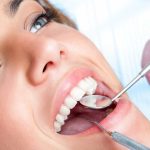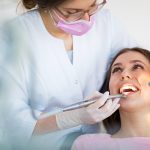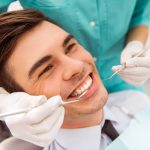When to Brush Your Teeth After Wisdom Teeth Removal: A Comprehensive Guide
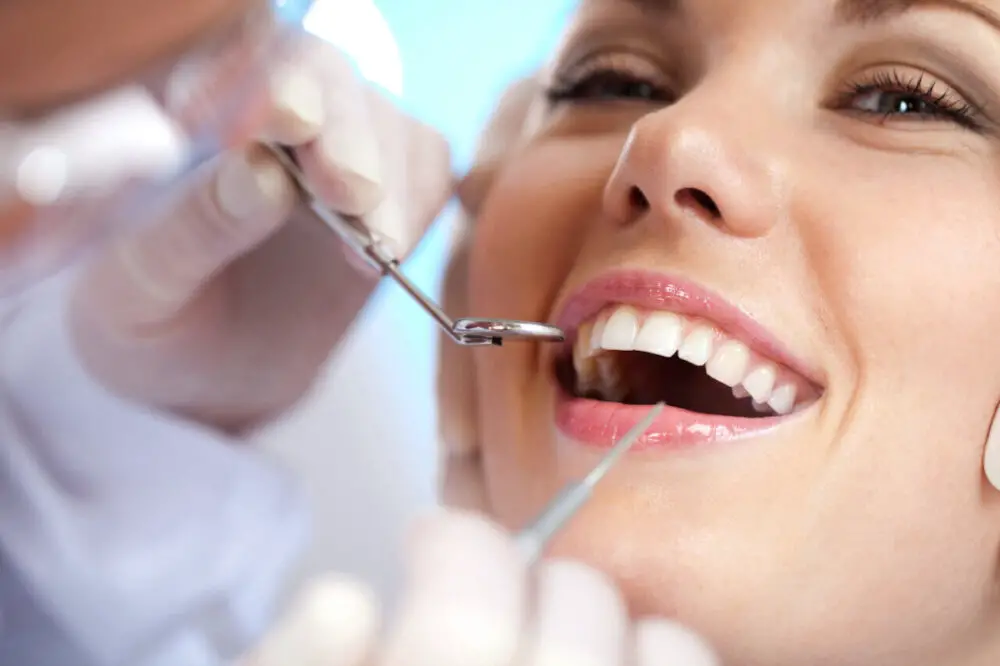
Wisdom teeth removal is a common dental procedure that involves the extraction of the third molars located at the back of the mouth. While the surgery can be a source of discomfort and pain, there are several ways to speed up the recovery process. One of the most important aspects of aftercare is maintaining good oral hygiene, which includes brushing your teeth. However, many patients are unsure about when to brush their teeth after wisdom teeth removal, as improper brushing techniques can worsen the pain and prolong the healing process. In this comprehensive guide, we will explore the best practices for brushing your teeth after wisdom teeth removal. We will discuss the timeline for brushing, the tools and techniques you should use, and the potential risks of improper brushing. Whether you are recovering from wisdom teeth extraction or preparing for the surgery, this guide will provide you with the knowledge you need to maintain good oral health and promote a speedy recovery.
Wisdom teeth, also known as third molars, usually emerge during the late teenage years or early twenties. However, in many cases, these teeth become impacted, causing pain and discomfort. Therefore, it is often recommended to remove them. Wisdom teeth removal is a surgical procedure that involves cutting the gums and removing the teeth. After the procedure, it is crucial to take care of your teeth to prevent complications such as infection, dry sockets, and bleeding. This includes brushing your teeth gently and avoiding hard or crunchy foods for the first few days. It’s also essential to follow any specific instructions provided by your dentist or oral surgeon to ensure a smooth and speedy recovery. By taking care of your teeth after wisdom teeth removal, you can minimize pain, reduce the risk of complications, and promote healing.
The article titled \When to Brush Your Teeth After Wisdom Teeth Removal: A Comprehensive Guide\ provides an in-depth analysis of the appropriate time to brush your teeth after undergoing wisdom teeth removal. The article highlights that the first 24 hours after the surgery are critical, and brushing should be avoided during this period to allow the clot to form, which aids in the healing process. Additionally, the article provides detailed guidelines on how to brush your teeth after the initial 24 hours, including the use of a soft-bristled brush and avoiding brushing aggressively around the extraction site. The article also addresses other concerns, such as the appropriate time to start rinsing your mouth and the best mouthwash to use after the surgery. Overall, the article provides a comprehensive guide that is useful for anyone who has undergone wisdom teeth removal and needs guidance on proper oral hygiene practices.
When Can You Start Brushing Your Teeth After Wisdom Teeth Removal?
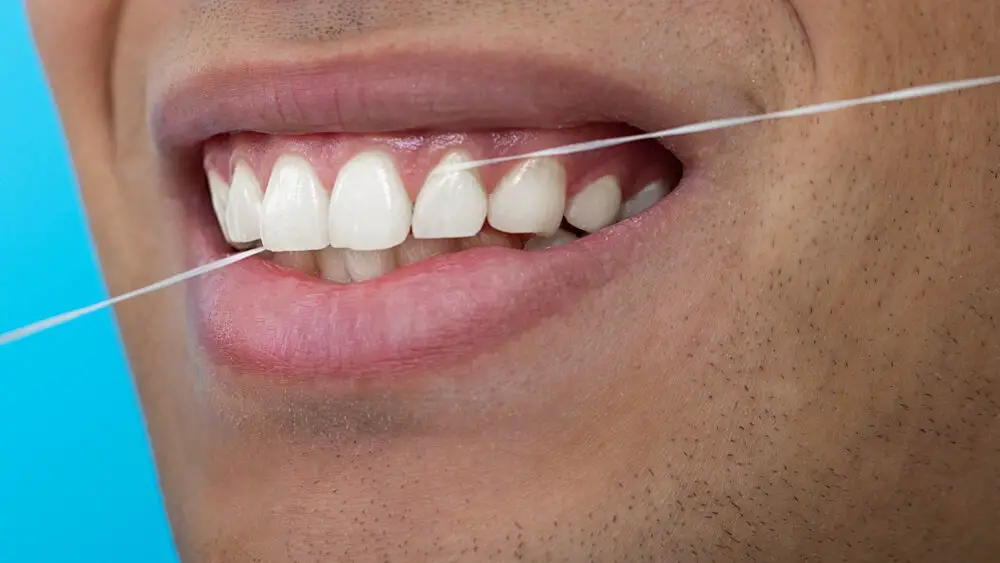
After having wisdom teeth removed, it is important to take care of your mouth to ensure proper healing and avoid complications. One common question is when it is safe to start brushing your teeth after the procedure. The answer is not immediate, as brushing too soon can disrupt the healing process and cause further issues. Typically, dentists recommend waiting at least 24 hours after wisdom teeth removal before brushing your teeth. It is important to be gentle and avoid brushing around the extraction site to prevent irritation or dislodging the blood clot that forms over the wound. Instead, focus on gently brushing the rest of your teeth and tongue. After the first day, you can begin brushing more thoroughly, but still avoid the extraction site and any stitches that may have been placed. It is also recommended to rinse your mouth with warm salt water after brushing to promote healing and reduce swelling. By following these guidelines, you can ensure proper healing and maintain good oral hygiene after wisdom teeth removal.
After a wisdom teeth removal procedure, it is essential to follow your dentist’s instructions to avoid complications and ensure quick healing. Brushing your teeth is a vital part of oral hygiene, but you should wait until the day after the surgery to start brushing. When you do start brushing, use a soft-bristled toothbrush and avoid the surgical site. You should also rinse your mouth with warm saltwater to promote healing. As the days go by, you can gradually increase the force and area of brushing, but always be gentle around the extraction site. It may take a few weeks before you can resume your normal brushing routine, but following the timeline provided by your dentist will ensure a smooth recovery.
It is crucial to wait until your dentist or oral surgeon gives the green light before brushing your teeth after wisdom teeth removal. The extraction site needs time to heal, and any premature disturbance may lead to complications like dry socket. Brushing too soon after surgery can dislodge the protective blood clot that forms in the socket, causing severe pain and infection. Additionally, using toothpaste with harsh ingredients or brushing too vigorously can irritate the sensitive area, further delaying the healing process. Therefore, it is essential to follow your dentist’s instructions and wait until you are allowed to brush your teeth after wisdom teeth removal.
After wisdom teeth removal, brushing your teeth can be challenging and painful. However, it is essential to maintain good oral hygiene to prevent bacterial infection and promote healing. To brush your teeth gently and effectively, start by rinsing your mouth with warm salt water. Then use a soft-bristled toothbrush to clean your teeth and gums gently. Avoid applying too much pressure or scrubbing too vigorously, as this can damage the sensitive tissues and cause bleeding. Use a toothpaste that is free of alcohol and harsh chemicals, and avoid using mouthwash for the first few days after surgery. Finally, take your time and be gentle when brushing your teeth, as this will promote healing and prevent discomfort.
What Are the Best Products to Use for Brushing Your Teeth After Wisdom Teeth Removal?
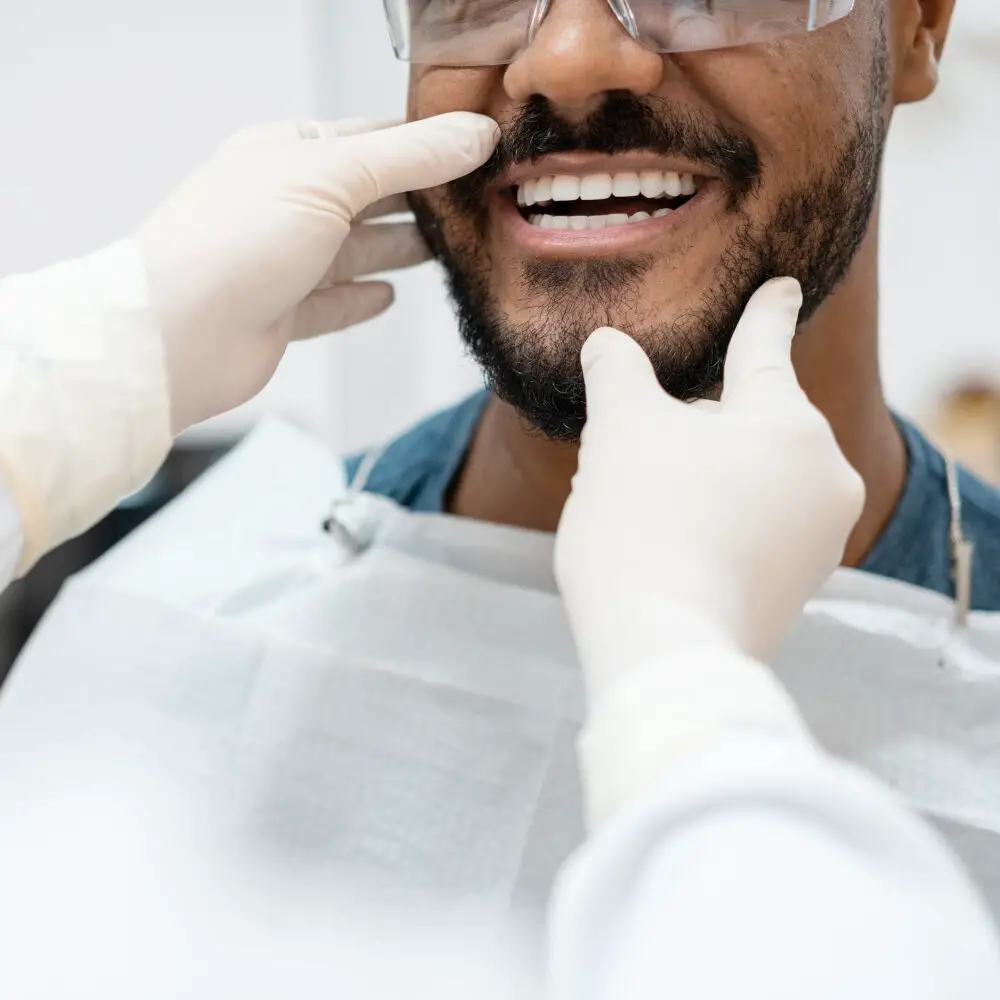
After undergoing wisdom teeth removal, it is essential to take good care of your oral hygiene. Brushing your teeth is an essential part of maintaining oral health, but it can be challenging after surgery. You need to be careful to avoid the surgical site and prevent any damage to the tissue. So, what are the best products to use for brushing your teeth after wisdom teeth removal?Firstly, it is recommended to use a soft-bristled toothbrush to avoid causing any harm to the surgical site. A soft-bristled toothbrush will be gentle on the teeth and gums while still effectively cleaning your teeth. Additionally, it is recommended to use a toothpaste that is specifically designed for sensitive teeth. This will help to reduce any discomfort or sensitivity you may experience while brushing. You can also try using a toothpaste that contains fluoride to promote the healing process and prevent any infection. Finally, you may want to consider using an antiseptic mouthwash to help kill any bacteria that may be present in your mouth. This will help to prevent any infections and promote healing.
After wisdom teeth removal, it is crucial to choose the right toothbrush, toothpaste, and mouthwash to ensure proper oral hygiene and faster healing. Soft-bristled toothbrushes are recommended as they are gentle on the sensitive surgical site and prevent any damage or bleeding. Toothpaste with fluoride is beneficial in preventing tooth decay and promoting healing. Moreover, alcohol-free mouthwash is preferred as it avoids stinging or burning sensations and helps in reducing inflammation and fighting bacteria. Additionally, patients should avoid using toothpaste or mouthwash that contains harsh chemicals, such as hydrogen peroxide, as it can irritate the surgical area. Overall, it is essential to consult with your dentist or oral surgeon to determine the best oral care routine after wisdom teeth removal.
When it comes to oral care products, not all are created equal. Some products are better than others due to their ingredients, effectiveness, and safety. For instance, toothpaste that contains fluoride is preferred over non-fluoride toothpaste because it helps to strengthen tooth enamel and prevent cavities. Similarly, mouthwash that contains antimicrobial agents is better than regular mouthwash because it helps to kill bacteria that can cause bad breath and gum disease. In addition, using a soft-bristled toothbrush is recommended over a hard-bristled one because it is gentler on the teeth and gums. By choosing the right oral care products, you can maintain good oral health and prevent complications after wisdom teeth removal.
When it comes to choosing products for your individual needs, there are a few important tips to keep in mind. First, consider your specific needs and goals. Are you looking for a product to address a particular issue or simply looking to maintain overall health? Second, take into account your individual preferences and lifestyle. Do you prefer natural products, or are you comfortable with more traditional options? Finally, be sure to do your research and read reviews before making a purchase. By following these simple tips, you can ensure that you select the right products for your unique needs and preferences.
How Can You Take Care of Your Teeth After Wisdom Teeth Removal?
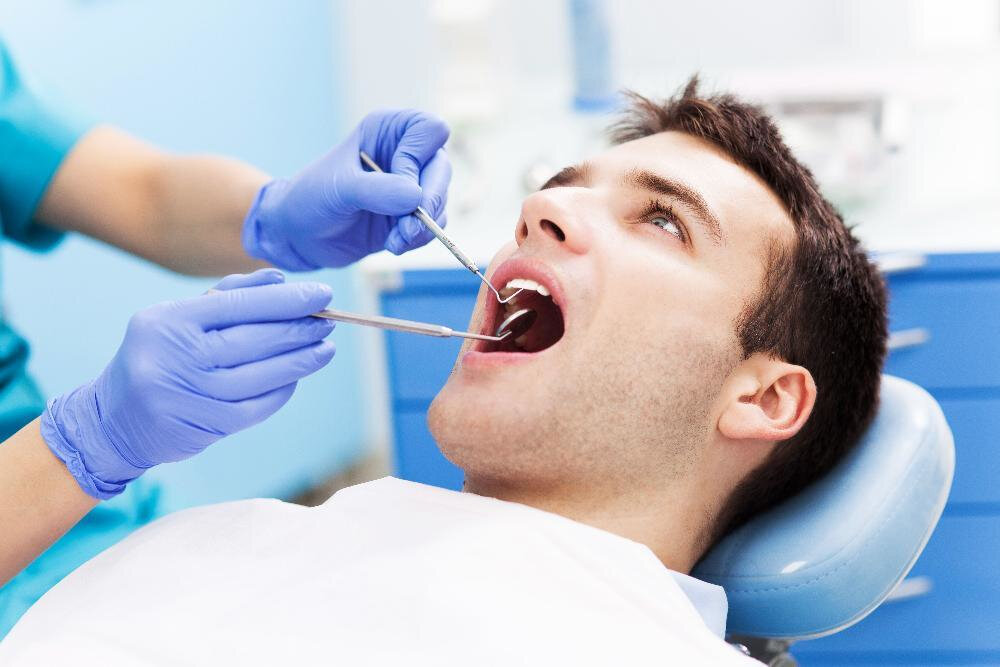
Wisdom teeth removal is a common dental procedure that requires proper care to ensure a quick and smooth recovery. After the surgery, it’s important to take care of your teeth to prevent infections, bleeding, and other complications. One of the best ways to take care of your teeth after wisdom teeth removal is to practice good oral hygiene. You should start by gently brushing your teeth the day after the surgery. Be sure to use a soft-bristled brush and avoid brushing the surgical area. You can use an antiseptic mouthwash to rinse your mouth and reduce the risk of infection. It’s important to avoid smoking, drinking alcohol, and using a straw for at least a week after the surgery. These activities can dislodge the blood clot and cause a condition called dry socket, which can be painful and delay the healing process. Another important aspect of taking care of your teeth after wisdom teeth removal is to watch what you eat. You should avoid hard, crunchy, or sticky foods for at least a week after the surgery. These foods can irritate the surgical site and cause bleeding. Instead, opt for soft foods like soups, smoothies, and mashed potatoes. You should also drink plenty of water to stay hydrated and promote healing. If you experience swelling or pain, you can apply a cold compress to your cheek for 20 minutes at a time. It’s important to follow your dentist’s post-operative instructions and attend follow-up appointments to ensure a successful recovery. With proper care, you can return to your regular activities in no time.
After a wisdom teeth removal procedure, it is crucial to take proper care of your teeth and gums to avoid any complications or infections. The first step is to wait at least 24 hours before brushing your teeth. Gently rinse your mouth with warm salt water every four hours to keep the surgical site clean. Avoid using mouthwash for the first few days as it can irritate the wound. After 24 hours, you can start brushing your teeth gently with a soft-bristled toothbrush, being careful not to brush the surgical site. Use a medicated mouthwash prescribed by your dentist to help prevent infection and promote healing. Avoid eating hard, crunchy, or sticky foods for the first few days, and stick to soft, easy-to-chew foods. By following these steps, you can ensure that your teeth and gums stay healthy and clean after the procedure, and you can recover quickly and comfortably.
When it comes to promoting healing and avoiding infection after wisdom teeth removal, there are several tips to keep in mind. First and foremost, it’s important to follow your dentist’s post-operative instructions, which may include taking antibiotics and pain medication as prescribed. Additionally, it’s important to avoid smoking, using straws, and eating hard or chewy foods for several days following the procedure. Instead, stick to soft foods and gently rinse your mouth with salt water to promote healing. Finally, be sure to maintain good oral hygiene by brushing your teeth carefully and avoiding the surgical site until it has fully healed. With these tips in mind, you can help ensure a smooth recovery from your wisdom teeth removal procedure.
Following your dentist’s or oral surgeon’s instructions for postoperative care after wisdom teeth removal is crucial for the healing process and to prevent complications. These instructions may include avoiding certain foods, taking medication as prescribed, and keeping the surgical site clean. Failure to follow these instructions can result in infections, prolonged healing time, bleeding, and even damage to the surrounding teeth and gums. It is also important to attend follow-up appointments to ensure proper healing and to address any concerns or issues that may arise. By following your dentist’s or oral surgeon’s instructions, you can ensure a smooth and successful recovery after your wisdom teeth removal surgery.
What Are Some Common Mistakes to Avoid When Brushing Your Teeth After Wisdom Teeth Removal?
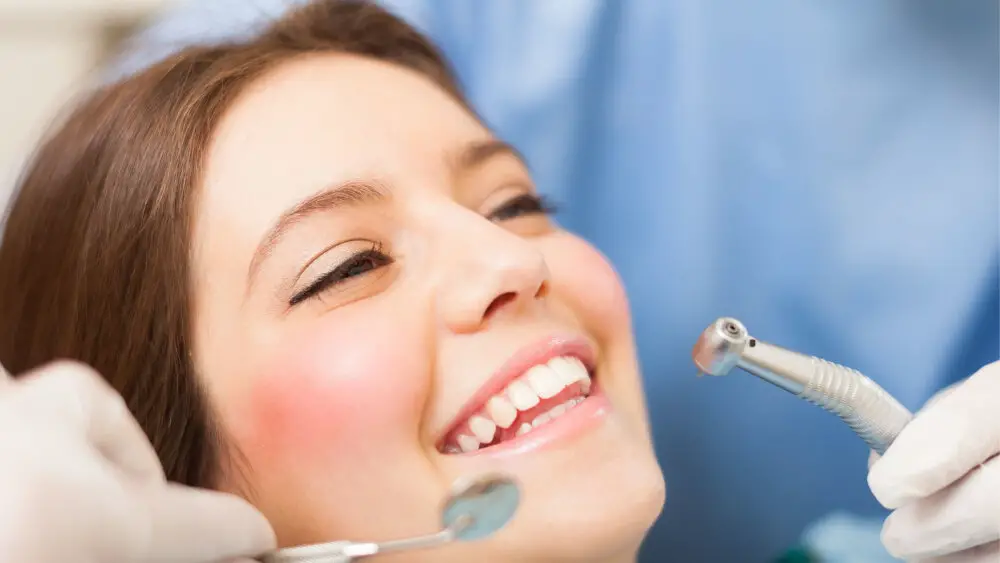
Brushing your teeth after wisdom teeth removal is essential for maintaining oral hygiene, but it is crucial to avoid common mistakes that can cause discomfort and delay the healing process. One of the most common mistakes is brushing too vigorously, which can irritate the surgical site and cause bleeding. It is recommended to use a soft-bristled toothbrush and gently brush the teeth and gums around the surgical area. It is also important to avoid using mouthwash or rinsing your mouth vigorously, as it can dislodge the blood clot and cause a painful condition called dry socket. Instead, rinse your mouth with warm salt water to promote healing and reduce inflammation. Another common mistake is eating or drinking immediately after brushing your teeth. After wisdom teeth removal, the surgical site is vulnerable, and food particles can easily get trapped, causing infection and delaying the healing process. It is recommended to wait at least 30 minutes after brushing your teeth before eating or drinking anything. You should also avoid hard or crunchy foods, hot or spicy foods, and carbonated beverages during the initial healing period. Following these simple guidelines can help you avoid common mistakes and ensure a speedy and comfortable recovery after wisdom teeth removal.
Brushing your teeth after wisdom teeth removal is essential to prevent infection and promote healing. However, there are some common mistakes that people make during this process. First, brushing too soon after the surgery can dislodge the blood clot that forms over the extraction site, leading to dry socket. Second, using a toothbrush with hard bristles can also damage the healing tissue. Finally, not rinsing the mouth with saltwater or mouthwash after brushing can leave bacteria in the mouth, which can lead to infection. It is crucial to follow the instructions provided by your dentist or oral surgeon and to be gentle when brushing around the extraction site to ensure a speedy and comfortable recovery.
Making mistakes while caring for your teeth and gums can be detrimental to your overall oral health. For example, brushing your teeth too hard or using a toothbrush with hard bristles can cause damage to your tooth enamel and irritate your gums, leading to gum recession and even tooth loss. On the other hand, failing to brush your teeth regularly or thoroughly can result in the buildup of plaque and bacteria, which can lead to cavities, gum disease, and bad breath. It is important to maintain a proper oral hygiene routine and avoid common mistakes, especially after wisdom teeth removal when your mouth is more vulnerable to infection and inflammation.
Maintaining good oral hygiene is crucial for keeping your teeth and gums healthy, especially after wisdom teeth removal. Here are some tips to avoid mistakes and ensure your oral health: Firstly, brush twice a day with a soft-bristled toothbrush and fluoride toothpaste. Secondly, floss daily to remove plaque and food particles from between your teeth. Thirdly, avoid sugary and acidic foods and drinks that can erode tooth enamel and cause cavities. Fourthly, use an antiseptic mouthwash to kill bacteria and freshen breath. Lastly, visit your dentist regularly for check-ups and cleanings to detect and prevent any potential problems. By following these tips, you can maintain good oral health and prevent any complications after wisdom teeth removal.
The article titled \When to Brush Your Teeth After Wisdom Teeth Removal: A Comprehensive Guide\ provides a detailed overview of the appropriate steps to take after undergoing wisdom teeth removal surgery. The article highlights the importance of maintaining proper oral hygiene during the recovery period, including brushing and flossing, while being mindful not to disturb the surgical site. The article also discusses the potential risks of neglecting oral care during recovery, such as infections and prolonged healing time. Additionally, the article provides helpful tips on how to brush and floss effectively without causing harm to the surgical site, such as using a soft-bristled toothbrush and avoiding vigorous rinsing. Overall, the article serves as a useful resource for anyone undergoing wisdom teeth removal surgery who wants to ensure a healthy and speedy recovery.
After wisdom teeth removal, it is essential to follow some tips and advice to take care of your teeth. Firstly, avoid brushing your teeth for the first 24 hours after the surgery to prevent any bleeding. After that, you can brush your teeth gently, avoiding the surgical site for the first few days. Use a soft-bristled brush and fluoride toothpaste to prevent any infection. Rinse your mouth with saltwater or mouthwash to keep the area clean and free from bacteria. Avoid smoking and drinking alcohol, as they can delay the healing process. Lastly, follow a soft food diet and drink plenty of fluids to stay hydrated. With these tips and advice, you can ensure a speedy recovery and keep your teeth healthy after wisdom teeth removal.
It is imperative to take your oral health seriously after a dental procedure, especially after wisdom teeth removal. Following your dentist’s or oral surgeon’s instructions will ensure that you have a successful recovery and reduce the risk of complications. Don’t underestimate the importance of proper oral care after the procedure, as it can affect not only your oral health but also your overall well-being. Remember to brush your teeth gently, avoid hard foods, rinse your mouth with saltwater, and take any prescribed medications as directed. With a little bit of effort and diligence, you can minimize the discomfort and ensure that your mouth heals quickly and effectively. So, take your oral health seriously and follow your dentist’s instructions to have a healthy and pain-free recovery.
Conclusion
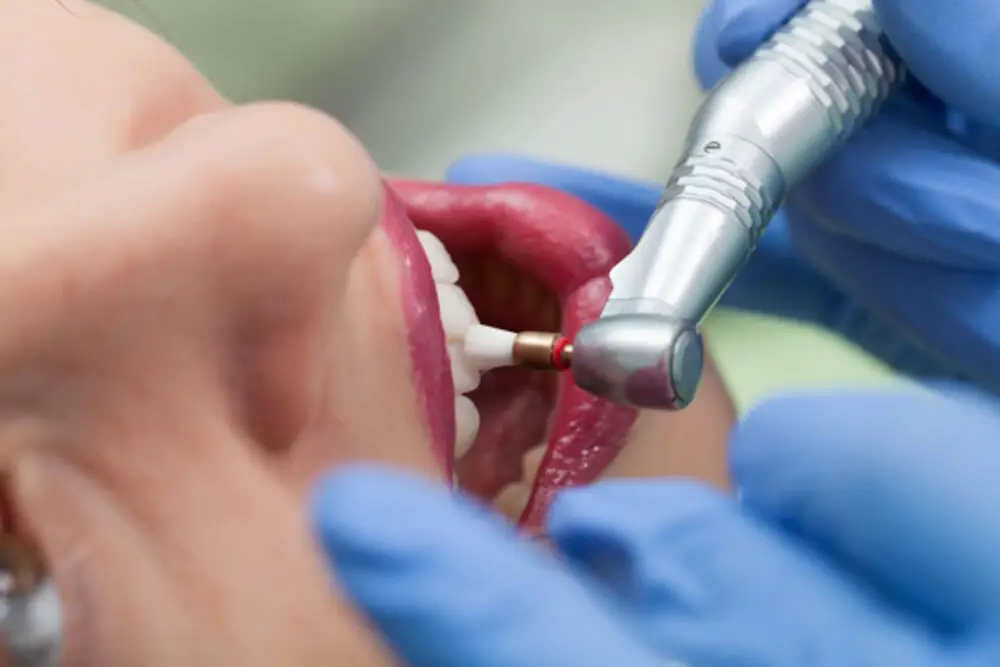
In conclusion, proper oral hygiene is essential after wisdom teeth removal in order to prevent infections and promote healing. While it is important to brush your teeth regularly, it is crucial to wait until the appropriate time to do so. This can vary depending on the individual’s specific case and the advice of their dentist or oral surgeon. By following the guidelines outlined in this comprehensive guide, patients can ensure a smooth and successful recovery after their wisdom teeth extraction. Remember, taking care of your oral health is a lifelong commitment, and it starts with proper care after oral surgeries like wisdom teeth removal.



